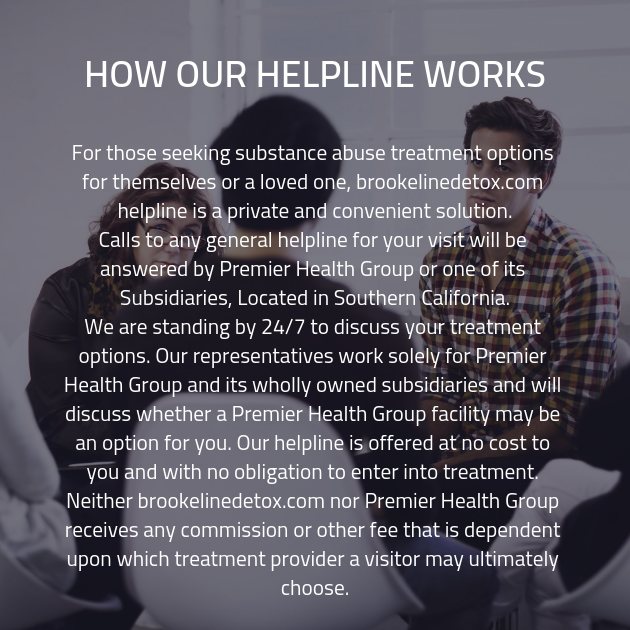Longview, WA
(360) 529-0366
If you are struggling with substance abuse and need professional help, the drug rehab centers in Longview, Washington can help. We understand the difficulties of escaping addiction from a harmful substance, and we will support your efforts. From detox to aftercare, knowledgeable staff can walk you through each step of the recovery process to help you return to normal living as soon as possible by offering the following rehab treatments that can help you accomplish important health and safety goals.
Physical detox
Substance abuse fills the body with toxic chemicals that harm the person in many ways. Physical exhaustion, nausea, and dizziness are common symptoms, while depression, guilt, and shame are typical emotional responses often triggered by the substance abuse. A substance abuse treatment facility in Longview provides the means for helping a person get through detoxification and rid the body of toxic substances and restore the person to improved health. Because the detox process can cause side effects that may be serious, the client is monitored and provided with relevant support during the period of time, usually several days, which is needed to complete the detox stage of recovery. This first step can leave the person feeling weak, but clients also experience a measure of confidence and their first taste of success after completing detox, so you are ready to move on to the next stage of treatment.
Psychological therapy
Following detox at a Longview drug detox clinic, clients will be given a thorough evaluation to identify any issues that may be contributing to their addiction. Underlying health problems may be addressed, and dual diagnosis therapy may begin for those with a mental health disorder, including conditions like bipolar disorder, anxiety, and depression. Individual psychotherapy may be the recommended treatment to explore root causes of the addiction disorder, along with group therapy sessions where clients share their experiences and cumulative knowledge to help each other. A drug rehab facility staff ensure complete confidentiality, and all documents are kept private. An addiction recovery center in Longview offers a clean, safe, and attractive setting where clients can begin to heal in body and mind as they become immersed in the addiction recovery process.
Follow-up post-care
After successfully working through detox and therapy in an addiction recovery program, clients are encouraged to continue rehab with additional personal therapy and attending a support group. Any health conditions should be dealt with, along with family issues or financial problems. A qualified therapist can assist with these aspects of post-care recovery beyond an addiction treatment facility program. It may take some time, but working through rehab begins in an addiction recovery facility and continues in everyday life is the most effective approach for learning to live without addiction. Clients can learn about the causes and triggers of substance abuse, as well as how to change daily habits to help them avoid behaviors that keep them getting triggered. Often the families of the client get involved at this stage so you can mend relationships and facilitate the rehab process. They will benefit from learning more about the complications of substance abuse too.
Drug addiction is often viewed by society as a crime more than an illness. Technically, it is both, and people who have substance abuse problems struggle each day to break their terrible habit. Some are more successful than others. Anyone who is having trouble with addiction and is committed to working through a comprehensive recovery program should consider entering an addiction treatment center in Longview, Washington to get professional help and support. We understand the dangers of addiction, and we want to help people escape its grip before it’s too late. Through physical monitoring and support, therapeutic counseling and education, and providing resources of various types, their goal is to treat the whole person and help prevent relapse.


